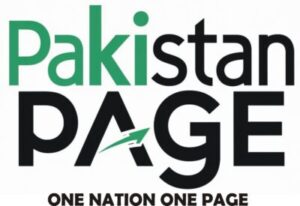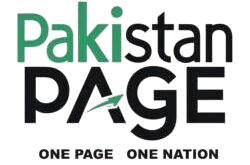UNITED NATIONS:
Afghan women returning from Iran and Pakistan are facing severe hardship and suffering, according to a new UN-led report that warns of deepening risks to their rights, safety, and survival.
Since September 2023, over 2.43 million undocumented Afghan migrants have returned from Iran and Pakistan. Women and girls make up about half of the returnees from Pakistan, while their proportion among returnees from Iran rose to around 30% in June.
The Gender in Humanitarian Action Working Group, led by UN Women and the UN Population Fund (UNFPA), reports that the accelerating pace of returns is placing immense pressure on Afghanistan’s already strained humanitarian system — with women and girls bearing the brunt.
Those traveling without a mahram (male guardian) are especially vulnerable, with reports of extortion, harassment, and threats of violence at border crossings.
Once back in Afghanistan, returnees face rising exposure to gender-based violence, early and forced marriage, human trafficking, and even transactional sex for survival, all compounded by lack of access to basic resources.
A humanitarian worker in Kandahar shared a harrowing account:
“A widow with four daughters was looking to sell one or two of them just to survive.”
There is also a critical shortage of safe spaces and mental health and psychosocial support services (MHPSS), particularly at border points where many women arrive disoriented and traumatized.
Across provinces, women cite shelter, livelihoods, and girls’ education as their most urgent needs. Only 10% of female-headed households have permanent shelter, and nearly 4 in 10 face threats of eviction. In Herat, 71% of women reported rental disputes, and 45% of women-headed families live in inadequate housing.
Many women who previously worked in tailoring, embroidery, or handicrafts now struggle to restart due to lack of tools, restricted mobility, and limited documentation or community support.
With returns expected to continue, humanitarian agencies are urgently calling for scaled-up, gender-responsive services, including safe shelters, mental health care, livelihood assistance, and access to education.
UN Women and partners are appealing for increased funding and long-term international support to meet both the emergency and sustained needs of Afghan returnee women and girls.

